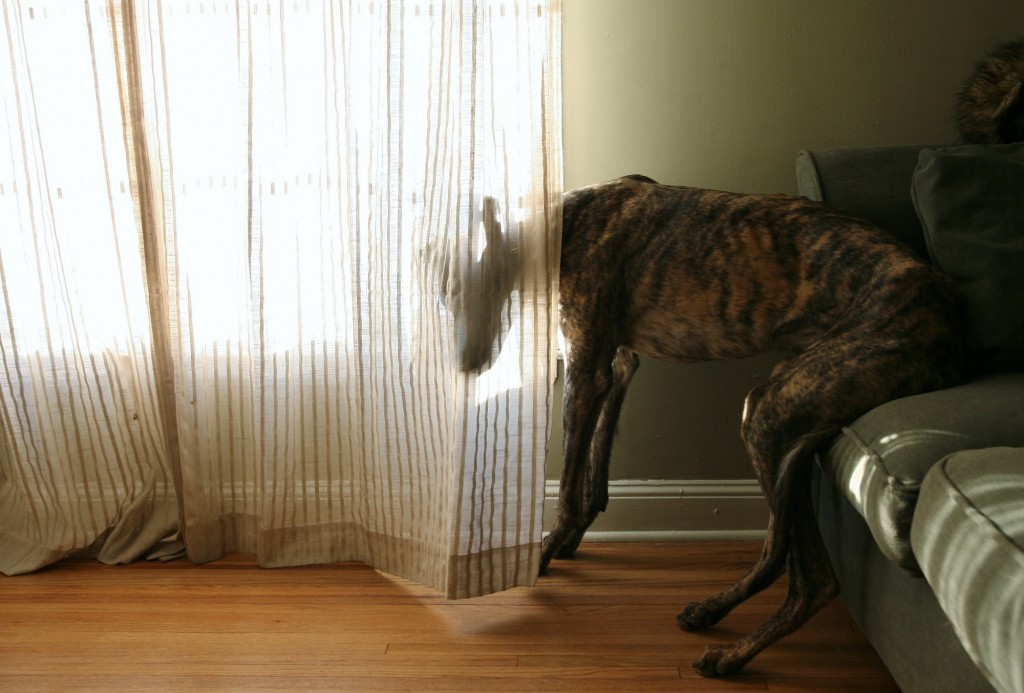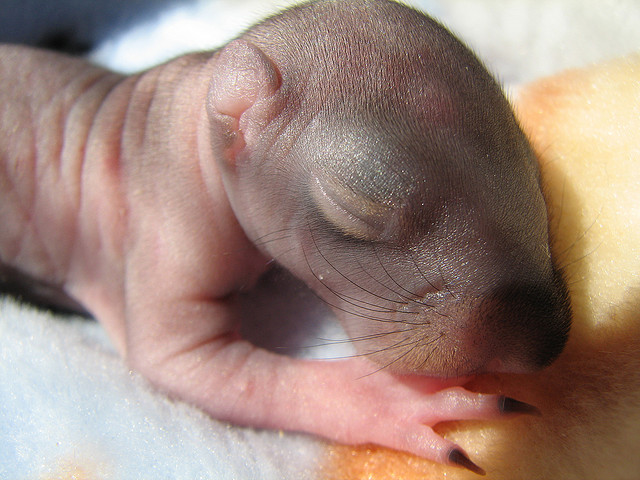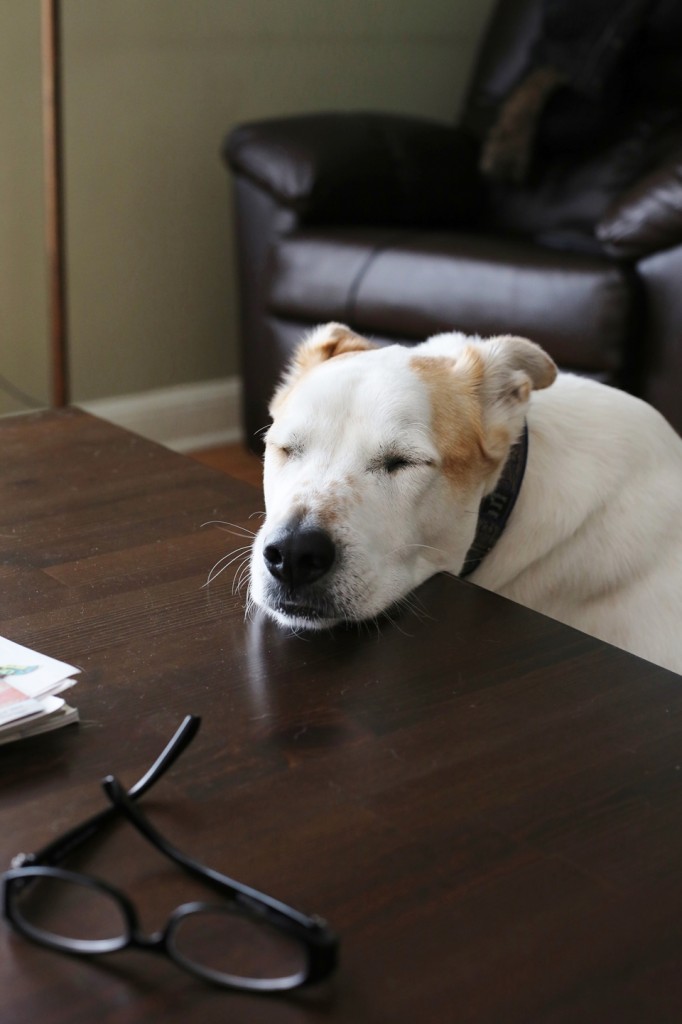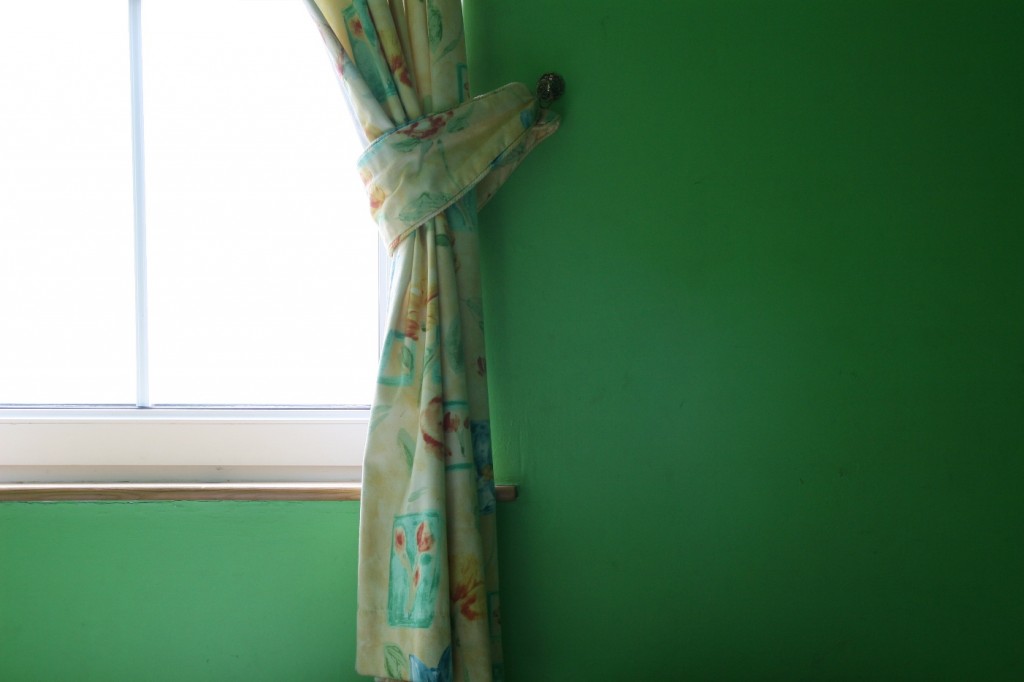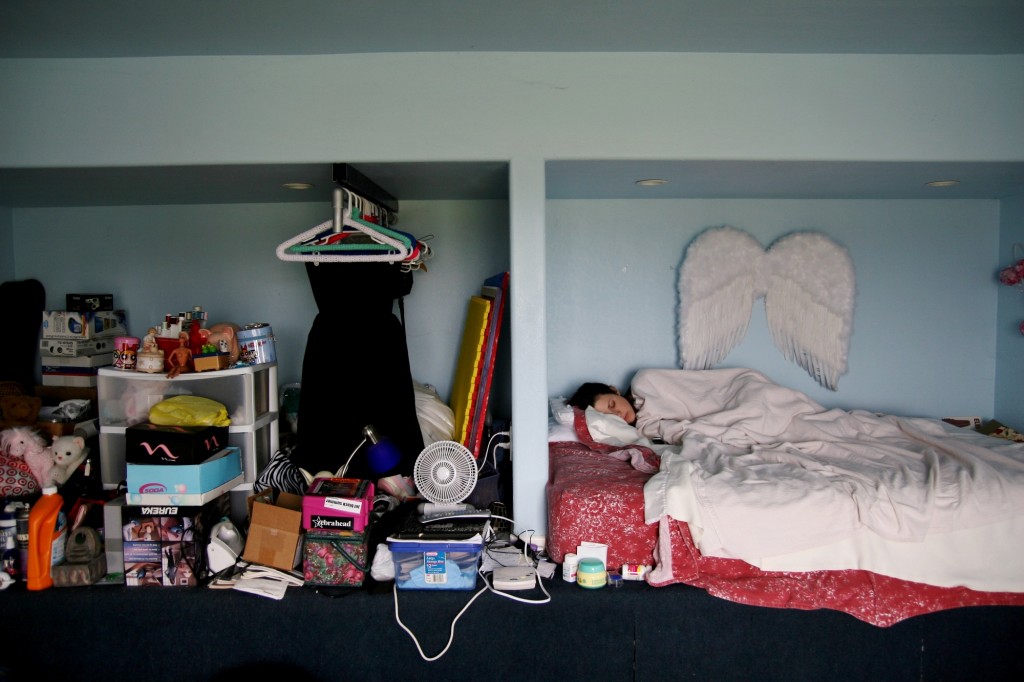
By Antonia Malchik
“Thank you for a lovely dinner, Mummy. May I please leave the table?” John, who’s six, is going through a cute super-polite phase that I know probably won’t last but enjoy anyway. The “Mummy” is a bonus I get for having an English husband and kids who are into watching Peppa Pig.
“Thank you for asking so nicely, sweetheart. Yes, you may.” John stands up. Before he runs off, he carefully brushes down his shirt, pants, and, briskly, the bottoms of his feet.
I wish I could say that this regular post-meal action is the result of sensory issues left over from his early years. John spent his first month in neonatal intensive care as a premature baby. We were warned of preemies’ extreme sensitivity to touch of any kind, and the likelihood that it could become a lifelong trait. Pretending that it’s his choice would shield me from admitting to people that I’ve trained him to be hyper-conscious of tracking crumbs or sticky bits of rice from the table to anywhere else in the house.
His sister Alex, who’s three, copies him a few minutes later but neglects both the “thank you” and a few pieces of brown rice stuck to the hem of her pants. While I take their plates to the dishwasher and begin wiping off the table, I keep track of where she’s jumping and rolling, so I’ll know where to run the vacuum cleaner later. A pointless exercise, as I know perfectly well I’ll run it everywhere.
When my children go away to college or vocational school or just away, they will have two mantras drilled into them: “Clean up after yourself” and “Food stays, always, on the table or counter.” They are in serious danger of thinking their mother vacuums for a living, and of developing nervous tics related to dropping crumbs and eating over their plates.
I try my best not to imprint them with neurotic hyper-awareness of bits of grit and cat fur on the floors, or the tiny sticky spots of a squeezed lemon sprayed onto the counter, but I’ve given up trying to change myself. When I am eighty and cranky, nobody will be allowed to eat in my house. They might not be allowed inside at all.
•••
Domesticity has been called a trap, a cage for women, a tool of the patriarchy. This can be true when imposed from outside, but if it’s a trap for me, it’s one I’ve made myself, and I don’t look at it that way. I wish I didn’t have to do all the work. I wish dust would just cease to exist, and that some invisible little machine would suck up all the crunchy bits of cereal from the floor before I ever had a chance to haul out a vacuum cleaner, that all my houseguests ate over their plates like I nag my children to. (How hard is that? Seriously?) Whatever way it gets done, though, I want the place clean.
This obsession—and let’s be honest here—stops, thankfully, at my doors. I don’t care what the lawn looks like, as long as we keep chemicals off of it, and I don’t give a crap what condition your house is in. As far as germs go—let’s just say sterility isn’t my top priority. I try to make sure nobody gets salmonella or toxoplasmosis, but my adherence to baking soda and vinegar as cleaning substances will only go so far.
This limit makes up for the fact that, when we have houseguests, I daydream about exactly what my cleaning routine will be when they leave—how I’ll strip the bed and do every bit of laundry as one enormous mass and mop up the basement and vacuum under and behind all the decrepit furniture and purge the kids’ toys while I’m at it. It relieves my allergy to knickknacks. It alleviates somewhat, I hope, the need to see No Crumb Leave the Table. But it probably doesn’t make my husband any less exasperated when I go around wiping the kitchen countertops after he’s already done so.
•••
At the end of the movie Fiddler on the Roof, Tevye the milkman and his family, and all the Jews of the region, are being evicted from the country. They are given three days to pack up their belongings and trudge out to new worlds, foreign lands: Jerusalem, Germany, America. I always feel a strong connection to this story because my father’s parents came from similar Jewish ghettoes in the Ukraine, although they were never evicted. They ended up in Soviet Leningrad, leaving my father to emigrate decades later.
As far as the religion and traditions held so tightly by Tevye’s world, I can sympathize with but not relate to them. What I do relate to is the behavior of his wife Golde. Just before they and their remaining daughters leave the village forever, Golde tells Tevye she has to “clean up, sweep the floor.”
“Sweep the floor!” says Tevye, incredulous.
“I don’t want to leave a dirty house!” she snaps.
That’s me. When the apocalypse comes, whether it’s zombie or post-oil or religious, the barbarians will be at the gate and I’ll be telling my family to go on ahead while I finish up the dishes and sweep the floor one last time.
•••
I read a tremendous number of mystery novels. Dorothy Sayers, Laurie King, Rex Stout, Ngaio Marsh, Nevada Barr—they and their cohorts have gotten me through some very hard times and very long international flights. A few years back, I noticed a common theme slipping through them, as if it were a requirement of the genre aside from a murder, a sleuth, and adequate red herrings: a fixation on a comfortable home. Starting with Lord Peter Wimsey’s leather-bound collections of rare volumes surrounding the perfectly harmonious and elegant upper-class London bachelor pad, on through Nero Wolfe’s made-to-measure enormous desk chair and favorite globe in his Manhattan brownstone, and into the modern shared household of Deborah Crombie’s Gemma James and Duncan Kincaid, with its scrubbed pine table and grand piano and dining room furniture with “an air of Provençal,” mystery authors linger, sometimes without seeming to be aware of it, over descriptions of welcoming homes and perfect rooms. Sometimes it belongs to a side character or a main suspect—a bistro in a Quebec village (Still Life, Louise Penny), an artist’s isolated house up a mountainside (A Grave Talent, Laurie King)—but still the hallmarks of comfort work their way into outsize place in the narrative. Gleaming wood, beeswax, squashy armchairs, bookcase-lined walls, the smell of good cooking coming from the kitchen, order and routine balanced with cozy softness.
It’s as if these mystery novelists are actually writing in search of the ideal home, as if their pursuit of mystery writing is itself a controlled flailing toward safety in a world where evil things happen and control is, in the end, an illusion—writing their way through the chaos to a place that’s nurturing, comfortable, welcoming, warm, intellectually and creatively stimulating. In the ideal homes of mystery novels, there are many, many books, a proclivity for crackling fires and candlelight (but no dust). The inhabitants always know how to value quality and beauty over show or cost.
I wonder sometimes how many of these authors are in command of their own homes. How many of them have solid wood tables of heart-warming beauty, smelling of beeswax, and soft leather armchairs where they read hardbound literature; and how many long for such things while looking around at their IKEA dressers, mildewed trade paperbacks, and broken hand-me-down sofas that the cat’s peed on way too many times?
Dig back into the reading history of many modern mystery authors, and you’ll find common loves: Anne of Green Gables, The Hobbit, Dorothy Sayers’s novels. Books in which a home is something alive, something that holds its inhabitants, builds a symbiotic relationship with them. A place that nurtures, to be nurtured in return. The Secret Garden, where the house is dark and unwelcoming, only drives home the point: this is not what a home should be.
These houses of waxed floors and cherry-wood furniture, the smells of stews and the warmth of candles, promise a slower, more rhythmic life, a world where love is gentle and the pains are universal but where there is always a place for everything and everything is in its place.
•••
The house I grew up in had the love but not a place for everything. My mother was strict about the housework performed by her three daughters. We had age-dependent chores every Saturday: vacuuming, dusting, laundry, waxing the dining room floor, watering the plants, ironing, mowing, raking leaves, weeding the garden. As training, it was a good foundation. As cleaning it was ineffective.
For one thing, cleaning out the cats’ box (or finding where else they might have designated “toilet”) seemed to be nobody’s job at all. For another, that house was full full full of things—so many things and in such varieties that it still makes my throat clog to think of it. I dusted around stacks of New Yorker and Harper’s magazines collected over many years, scrubbed the bathtub around shampoo bottles that had gone past vintage and were into antique, made my bed with sheets covered in cat fur, polished the thousand scrolled crevices of the silver tea set that everyone loved and nobody ever used. The kitchen, in which piles of opened and unopened mail teetered next to old telephone books and days-old glasses of water, didn’t seem complete without over half the counter space being taken up by empty crock pots inherited from the wheat ranch my mother had grown up on, decorative bowls of sugar caked with coffee drips, antique tobacco tins, and a rack holding old, still pungent, spices (when someone tells you that you have to replace your cinnamon every year, don’t believe them). It’s impossible to truly clean a place with three kids and rambling cats and several families’ worth of stacked and scattered possessions.
We visited my mother last summer, and had an embarrassing couple of days where John would wander around her house saying things like, “You know Grandma, if you put some of these things away people might not trip over them,” or “Grandma, if we organized all of this, you would have more places to relax.” He tried to be as polite as possible, while I kept hissing at him to zip it. I took away treats and his Angry Birds playtime but still he couldn’t stop himself. Finally he looked at me, all wide-eyed and determined, and said, “But, Mummy, it’s good to tell the truth.” I tried to explain to him that everyone likes their home kept in different ways and that it wasn’t polite to criticize it and could even hurt someone’s feelings, but clearly this was one case where actions triumphed over words. My cleaning and de-cluttering routine had come a long way from my childhood, sometimes neared extreme (I do know that some of my vacuuming habits could qualify as a problem), and had obviously worn a deep track for at least one of my children. I was relieved that a habit of tidiness was becoming second nature for him, but I wasn’t sure if I should be ashamed of that relief.
My mother says that the reason I don’t like all the stuff in her house, what I call clutter and she calls life, is because I don’t know the stories behind it. That’s not always true. I recognize scrap paper where someone wrote down a phone number twenty-three years ago, and the torn shrink-wrap, which has been torn as long as I can remember, surrounding a vinyl album of loon calls, which I know she values because it was a gift from her father. I know the enameled tin mugs from Finland, the jam-making equipment from the Eastern Montana homestead, the wicker armchair where I used to rock my baby sister. I know the stories of a thousand things. And I do understand what she means. It’s just that I prefer my stories, instead of collecting dust as physical manifestations, typed up and filed away where they belong.
•••
There’s a passage in Natalie Goldberg’s classic book on writing, Writing Down the Bones, where she takes a swing at writers with tidy studios. Disorder, she says, shows a fertile mind, “an indication of … someone that is actively creating.” Essentially, in a clean desk, she knows she’s looking at a writer who’s not working.
That passage is the reason I don’t have a copy of Writing Down the Bones in my house.
I have tried to “let things go,” “relax,” and “don’t worry about it,” as so many well-meaning people have advised. Most of them seem to think that I keep my house tidy because I want to impress them. (These are the people, along with those who walk around crunching chips without a plate, who don’t get invited over for dinner again.)
I’ve set up personal boundaries for my cleaning habits (I never clean windows, for example, and as a result never think about how dirty they might be) because otherwise I truly would get nothing else done. But aside from that, I don’t seem to have an in-between toggle. I’ve tried just keeping the dishes washed and the floor basically swept. But I’m aware, nevertheless, of the coffee grounds that migrated to the back of the counter, of the cats’ additions after rolling in a spot of sunshine on a rug, of the bits of salt left on the stove after my husband did the post-dinner clean-up, of the rice my daughter has tracked into the TV room, where she’s sitting on the floor playing “picnic” with her stuffed dogs. I’m conscious of all of it, and if I don’t take care of it I literally cannot work. A “why bother” washes over everything I’m supposed to do—pack in the laundry, brush the kids’ teeth, sit at my desk and earn a living as a copy editor, send a check to the preschool, order heating oil, call my mother, much less work on my novel or memoir or tackle a new essay. I either escape to a coffee shop, where it’s someone else’s job to clean up and therefore I don’t care, or huddle in a few maintained outposts in my home—the bed, my desk, the ironing board—and binge-watch The Big Bang Theory.
My husband asked me once why I felt such a need to wipe down the kitchen counters and sweep the floor before clocking out for the night. I told him about the coffee grounds, the sticky spots, the grains of salt. “Knowing those things are there is like having another person tramping around in my head,” I said. They’re making noise and disrupting thoughts and generally being a nuisance. It’s incredibly uncomfortable.
I can take an obscene amount of messiness in my own psyche, in my relationships, in my work. But only if the floors are clean, the toys are put away, the kitchen has been wiped down and, preferably, the cats are outside.
•••
A number of pictures are tacked on the wall above my desk: a watercolor of a bare tree in a cold Russian forest, a postcard of a painting of Judi Dench, a photo of moonrise over Glacier National Park, which keeps my homesickness at bay.
One is a belated birthday card that my mom sent me almost twenty years ago. The painting on the front, Deborah DeWit Marchant’s The Artisans’ Cafe, depicts a girl looking somewhat as I might have then, down to a long brown French braid and sloppy afterthought clothing, with an empty pie plate in front of her, a full cup of coffee, and an open hardback book lying flat on the table. Her cheek is propped in her hand and she is clearly engrossed in whatever she is reading.
Articulating my feelings about this picture is difficult. I look at it and I see a moment when all the chores have been done, when nobody needs my attention, when all the crumbs are only specks of potential energy in a bag of bread. When the only part of the world that I have real influence over is at rest, if only for a few hours.
I know perfectly well that this kind of peace is unattainable through control over my physical surroundings. My food-free floors will not save the planet or hedge against my children’s future health and safety, or even negate the need for ongoing chores and errands.
But this is the only place I have, my only home. Critics can go on all they want about the new domesticity and how women still need to be freed from the hearth. But there is so much in the world I have no control over. I do not know if my son will still be asking politely to leave the table in a year’s time, or if my daughter will get over her obsession with dogs before she gets old enough that I feel obligated to get her a puppy. I do not know if my car will survive another six months, if another Sandy-like hurricane will trap us in a powerless house this fall, if the cats will ever, ever, stop peeing on the furniture.
I don’t know if the planet will survive climate change, if women’s rights will have to be fought for all over again, if my father’s homeland will use its foothold in Crimea to drag Ukraine and the wider world into full-scale war, if wildfires will make the air of my Montana hometown unbreathable this summer, if a friend will die of cancer next year.
I spend an enormous amount of time in my home. The only thing I can do, at this moment, is ensure that it feels like a place I want to be.
•••
ANTONIA MALCHIK’s writing has appeared most recently in Creative Nonfiction, The Jabberwock Review, and ParentMap. She’s a regular contributor to Full Grown People. She recently finished My Russian Condition, a book about her lifelong relationship with Russia, and is working on Against the Grain, a memoir about motherhood, woodworking, and striving for the lost competence of her pioneer ancestors. She can be reached through www.antoniamalchik.com.

 Follow
Follow
